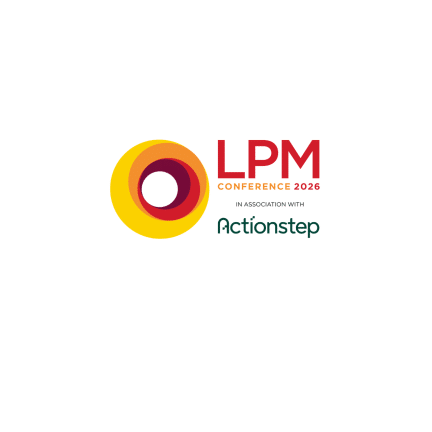
Will AI finally kill the billable hour? The rise of value-based pricing
By combining AI-driven efficiency with human expertise, firms can create pricing models that are transparent, results-oriented, and aligned with client expectations, says Glenn Rhea, sales director at OneAdvanced
The billable hour has long dominated law firm pricing models. However, as artificial intelligence (AI) reshapes legal work, this traditional approach faces increasing scrutiny. Clients are demanding transparency and fairness, while AI’s ability to speed up routine tasks is challenging hourly billing.
As such, are law firms now exploring value-based pricing and alternative fee arrangements (AFAs) as they adapt to this evolving landscape?
How AI is challenging the billable hour
AI significantly enhances legal work, particularly in drafting, research and document review. Tasks once taking hours now take minutes, and while this revolution boosts productivity, it disrupts the billable hour by reducing task completion time. Many clients, now more cost-conscious, are calling for predictable pricing models that focus on value rather than time spent.
According to a recent study, 62% of legal work remains under the billable hour currently, but change is coming. Around 29% of work now follows value-based pricing, a number expected to grow as 58% of firms predict less billable hour work in five years.
Value-based pricing as a solution
Value-based pricing aligns fees with results for clients, not hours worked. These models can include flat fees, subscription services or performance-based arrangements where success defines pricing. These innovations improve client satisfaction and foster stronger partnerships.
For smaller firms, adopting AFAs presents an opportunity to increase affordability and accessibility for clients, offering a competitive edge. Meanwhile, larger firms can leverage AI to streamline processes and deliver tailored, high-quality services that justify premium pricing. By focusing on results, firms can strengthen client relationships while maintaining profitability.
Addressing the change
Shifting to modern pricing structures brings with it challenge. A major barrier lies in the traditional mindset of lawyers who see value through the lens of hours worked. This transformation requires training lawyers to think in terms of bundling services and delivering outcomes instead.
Equally critical is client education. While many clients demand predictable fees, they may not fully understand how AI improves efficiency. Firms need to communicate how technology supports their results and outcomes, ensuring clients see the full value. Integrating the right technology is equally essential, especially to implement flexible pricing capabilities aligned with AI-driven processes.
Unlocking opportunities
Despite this challenge, the shift presents opportunities for growth and innovation. AI frees up lawyers’ time from routine tasks, allowing focus on higher-value activities. Combined with adaptable pricing, it creates client-focused services that emphasises fairness, value and long-term partnerships.
Diversified billing strategies, empowered by AI efficiencies help firms stand out in a competitive market. Clients appreciate modern, flexible models that align with their priorities, promoting loyalty and trust. By using AI to enhance productivity and designing services around client outcomes, law firms can meet demand while securing their place as industry leaders.
Building beyond the billable hour
The decline of the billable hour marks a new era — one of opportunity for law firms to rethink how value is defined and delivered in legal services. By combining AI-driven efficiency with human expertise, firms can create pricing models that are transparent, results-oriented and aligned with client expectations.
Now is the time to act. Leaders who invest in training, innovative pricing strategies, and the right technology will be well-positioned to thrive. This evolution is not just about staying relevant; it’s about using innovation to build a sustainable, client-focused future.
Law firms must ask themselves not whether to change, but how to lead in this new chapter of legal billing. By doing so, they will build stronger relationships, drive their own growth, and ultimately redefine value in the age of AI.




